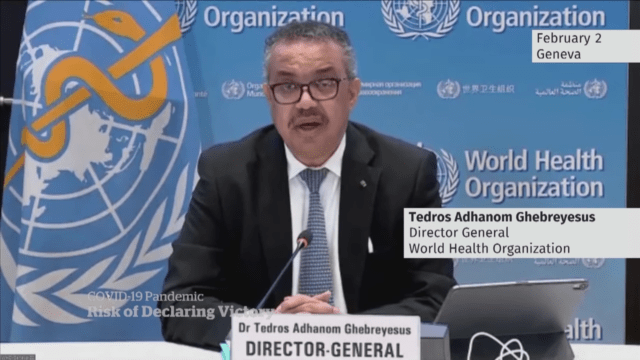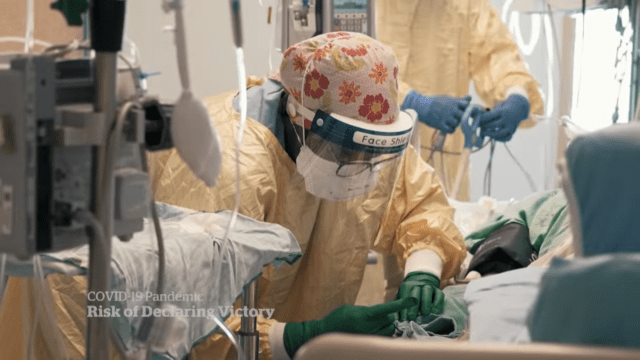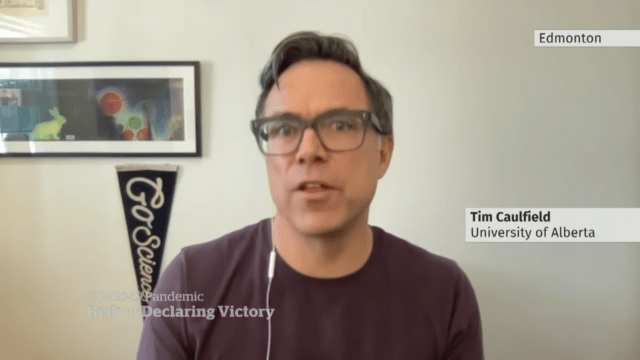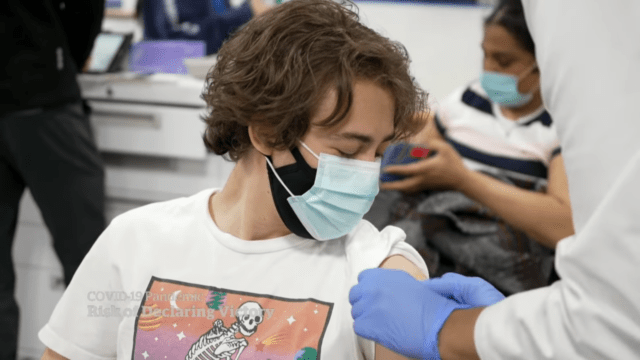Like driving through a blizzard, pandemic uncertainty is exhausting.
Some are now impatiently racing towards any light on the horizon, but no one knows what’s up ahead.
As director general from world health organization Tedros Adhanom Ghebreyesus said: “It’s premature for any country either to surrender or to declare victory.”
The WHO says a troubling narrative is gaining traction that vaccines, along with higher infection rates and a less severe variant, mean countries can drop their guard.
“Nothing could be further from the truth.”

More infections actually lead to more mutations and more deaths, just as no one predicted this fifth Omicron wave would take so many lives.
As infectious disease specialist Dr. Lynora Saxinger said: “For hospital is full to the rafters. There’s still a lot of actual Covid disease in the community.”

But as cases received in Canada and restrictions lift, it’s clear not all measures were equally effective. Individual testing and tracing fell apart.
“It’s like trying to isolate a single tree in a burning forest. It doesn’t necessarily make sense anymore. Does this mean that we have to accept the burning forest though?”

So some scientists suggest waste water and air testing could better pinpoint communities at risk, and while targeted health measures makes sense, experts say getting rid of them all does not.
Tim Caulfield from University of Alberta said: “I think that we need to try to bring the public along with us on this sort of epidemiological ride.”

We know vaccines and masks offer strong protection without lockdowns, but experts say people need to understand this virus keeps changing, and so does our immunity to it.
As Tim Caulfield continued: “I think it’s really important to communicate to the public that the evidence is unfolding, here are the uncertainties. This is what we’re going to need to do if it numbers don’t come down, and here is what we can do if in fact numbers do improve.”

No one can predict the pandemics road ahead, but everyone wants their loved ones to safely make it to the end.
Resource: CBC News

